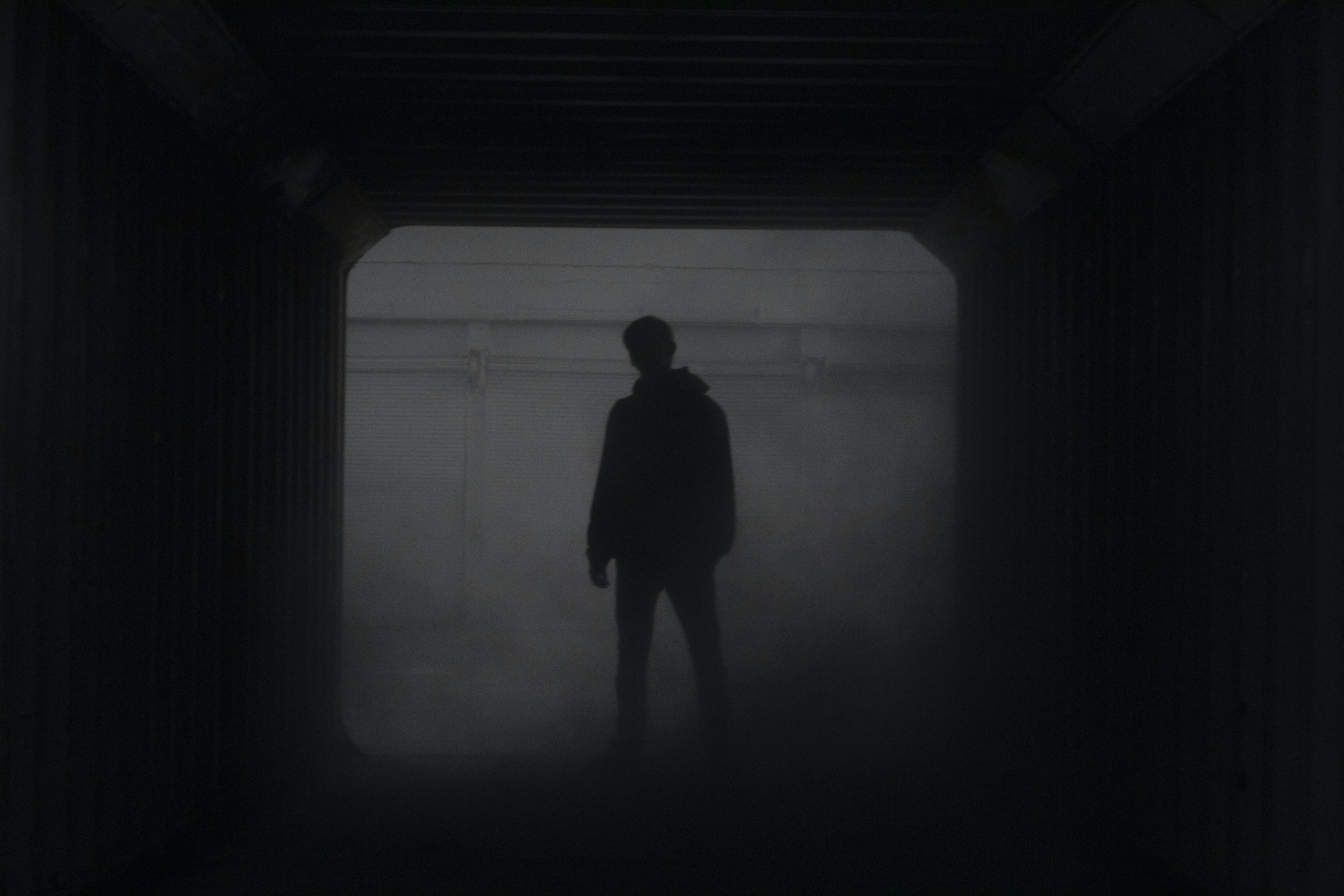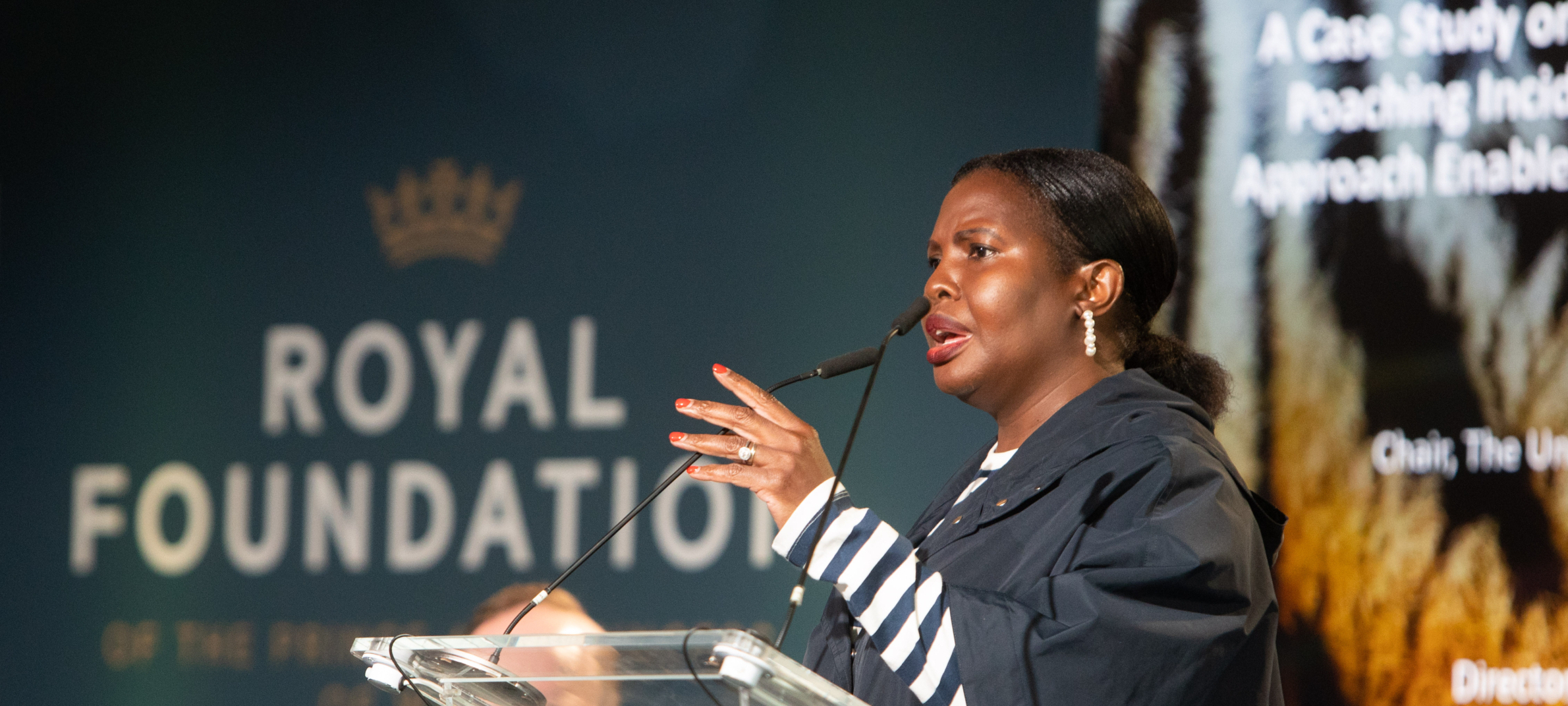
To mark Wildlife Conservation Day, we’re pleased to share a firsthand account from an Environmental Investigation Agency undercover investigator on the front line of tackling the illegal wildlife trade.
Their identity has been redacted for security.
The most stressful aspect of leading a double life when working undercover to investigate transnational wildlife crime organisations is its impact on personal and family life.
This can range from minor to major intrusions and be as varied as having to interrupt dinner with my family to slip into character and take phone calls from traders I’ve met, to changing the entire family’s schedule to accommodate a good opportunity for an important meeting with traders.
But the biggest impact is the sense of risk to investigators and our families after exposing an illegal trade syndicate, especially for those of us who are living in the same country, or even the same city, as the traders. Some investigators have had to move their family to a safer place to avoid accidentally running into previously encountered criminals related to a bust.
You can’t ever fully relax, even when not working. There are no holidays for traders – these people work around the clock whenever and wherever the opportunities arise. A trader may contact an investigator at any time of the day, any day of the week, and they won’t care if you’re on holiday or it’s midnight because many of them are living in different regions with different time zones – they expect you to be as available as they are.
An investigator may have more than two phones on the go at any one time to keep in contact with all the various traders with whom they are dealing. These phones need to stay with them even during a non-working day because you never know who’s going to call and when.
It becomes harder to maintain a double life the longer an investigation continues. The longer it lasts, the more traders there are to meet, but hand in hand with that, the fewer safe places there are to go. That said, after time in the field doing this kind of work, it becomes something natural – you know when you’ve fully immersed yourself when you start responding naturally when people call you by your covert name.
Working undercover so often may not change your personality, but it can change the way you live. In my own experience, I found that I became much more careful about talking to strangers or making new friends as it has sometimes happened that a newly made friend of an investigator has turned out to be linked to a criminal network that he or she is following.
I rarely share information about my undercover role with friends and family members because the fewer people who know about it the better it is for everybody involved. The job carries risk, not only to the investigators themselves but also their families. Sharing more with them will just create unnecessary worry.
As for the rewards of working undercover and whether they outweigh the stress and risks?
This may sound big, but the rewards are in the exposure of criminal trade syndicates that leads to enforcement actions of the relevant government to shut them down, along with changes in attitude of governments toward conservation and environmental issues, which sometimes come about as a result of our findings.
My dream is a simple one, that one day I will be able to be out there seeing wild animals, the lovely living ones and not just the parts of dead wildlife, not miserable abused animals in cages. And that’s totally worth the risks I take and the stresses of the job.
‘Eureka’ moments, those times when a vital piece of information slips into play or when the disparate pieces of the puzzle click into place to reveal the bigger picture, have happened quite a few times during the years of my undercover investigation work, but they’re not moments that come out of the blue without reason. It’s from lots of careful thinking, thorough investigation work and dedication.
For example, in a forests investigation project, we heard from some sources that one man was for many years the biggest trader in a banned rosewood species in a Southeast Asian country. There was very little knowledge about this shadowy figure except for an abbreviation of his name, his initials. Also, our source had no clear idea which country he came from.
During our investigation, meeting with some eight or nine traders, we encountered one name in Chinese and, from the information and inside stories, we felt this guy might be the biggest player in the illicit trade. Later we identified his country of origin. Then, at the end of the trip whilst eating dinner, I suddenly had a wild moment of inspiration and thought that the individual known only to us by his initials might well be the same person as the shadowy rosewood kingpin. Following this hunch, more research and checking revealed he was in fact the person we were looking for. This wasn’t just luck but a rewarding moment resulting from a long and dedicated brain-draining investigative process.
The lessons I’ve learnt over the course of many investigations are that the more preparation and field investigation work done, the more likely are the chances that you’ll get those moments of insight – although it’s never guaranteed that you’ll see the final picture and you may still find yourself confused sometimes by the various strands of information. That said, if you stop the work during the process or turn in a wrong direction, the chances are that you won’t encounter the ‘Eureka’ moment you’re looking for.
Getting to our ultimate goal requires a lot of hands-on experience in the field. A lack of it, or an undeveloped instinct, may get us distracted into a wrong investigative direction and lead nowhere constructive.
The investigative process is a very mentally and physically draining one and it’s not uncommon for the investigative team to sometimes become confused or frustrated if we can’t connect the trading chain with the major criminals overseeing it. However, once – or, indeed, if – the ‘Eureka’ moment comes, it’s like a great light abruptly shining into a dark room. It can mean a big breakthrough for the investigation or in showing us the way to proceed to locate the main trading target. It’s also a moment when we deserve a toast and a welcome break from the day-to-day tensions.
If this revelation comes when we are with the traders, of course we must hide our delight, but if it comes when the team is pooling information during a debriefing or even over dinner, then it’s great to be able to be so openly happy that the work is progressing so well, to share the moment out loud.
In the course of my career with EIA, there have been a few major ‘Eureka’ moments, all of them different depending on the specific circumstances. Sometimes we are able to uncover the traders’ strong and powerful corrupt connections with the army or government.
On other occasions, we finally gained the trust of one of the big fishes, to the extent that after days or even months of covert engagement they believed us to be the same kind of people they are. That’s why capable and dedicated investigators like to do this work; these are the most fulfilling and rewarding moments after long periods of mentally and physically draining investigation.
EIA doesn’t send inexperienced or unprepared people into the field, so we’re not green – when the ‘Eureka’ moment comes we will be cheered by it and then start planning the next steps in the investigation; it’s a happy moment and exciting but we will still get on with the work next day.
Related Posts





